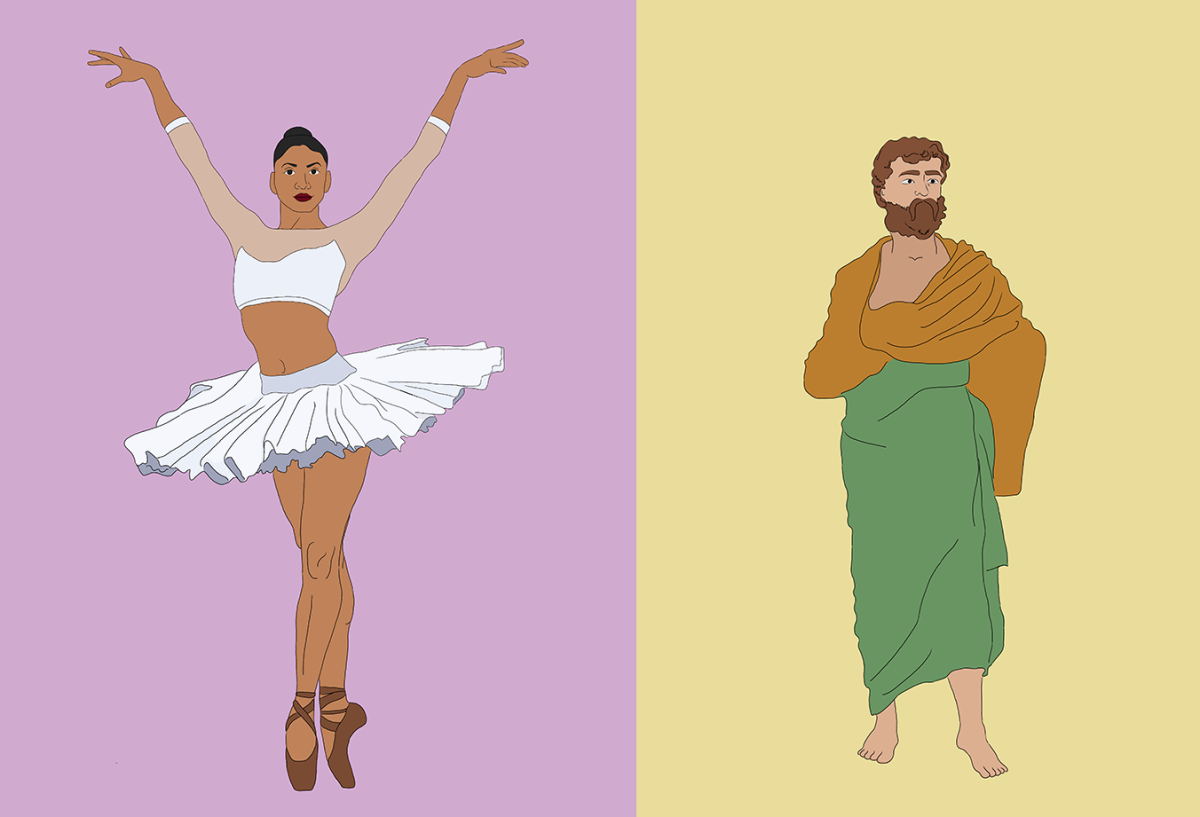As a student majoring in non-STEM degrees, I am accustomed to the derogatory statements aimed at diminishing the meaningfulness or usefulness of my topics of study and the accusatory question of “What are you going to do with that?”
Despite this, I am encouraged to continue my education in subjects that are largely deemed as societally unimportant, which leads me to the question of why these areas of study are viewed as unimportant.
For much of human history, arts and humanities have been championed as the areas of society that give meaning to life and aid in cultural development. Poetry and prose were used to describe thoughts and feelings, architecture was ornate and philosophy was highly valued in scholarly circles.
Despite these ideals of classical antiquity, we seem to have lost our collective appreciation of these pieces of culture.
It is no longer viewed as admirable or intelligent to pursue these career avenues, rather risky and unimportant.
There are a number of reasons as to why American society changed its tone on these issues. In the 1950s, concerned with Soviet advances in science and technology, governmental and private organizations in the United States worked to expand interest in disciplines related to science, technology and math.
In the early 2000s, Colorado Democrat Mark Udall set up the “Science Technology Engineering and Math, or STEM” caucus in Congress to push student involvement in these areas of study. By the late 2000s and early 2010s, “STEM” had nationwide reach and influence, with STEM-related programs popping up in schools and educational programs across the country.
Though this impetus for greater scientific education is not a bad thing by any stretch, the unintended by-product was the fleecing of programs that foster creativity, empathy and cultural awareness.
Most importantly, the humanities teach us about who we are. Where would we be without the study of anthropology, linguistics, arts and philosophy? How would we understand our origins and the values of our ancestors? How did people of the past cope with the unknown or scary elements of their lives?
Richard Siegsmund at Northern Illinois University explores the importance of storytelling and visual arts when he researches mythology and superheroes, writing that these forms of entertainment and media can best depict the “struggles for social justice and reliance against oppressive forces.”
Knowing about these societal problems and how people contemporarily and historically have dealt with the sociopolitical phenomena happening around them is extremely important in understanding our modern culture and solving the problems we face.
If we can’t find importance in learning about our past and preserving our culture, then what is the point in creating new scientific and technological ways to prolong our futures?
Fundamentally, I believe this is one of the greatest problems our generation faces: a loss of understanding our own humanity.
In a world plagued by threats from A.I., international armed conflicts, climate change and anything in between, the arts are the reprieve we need to reflect upon our pasts and ourselves to create a better future.





























































































































































